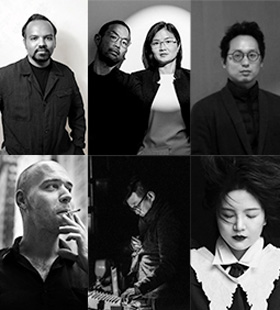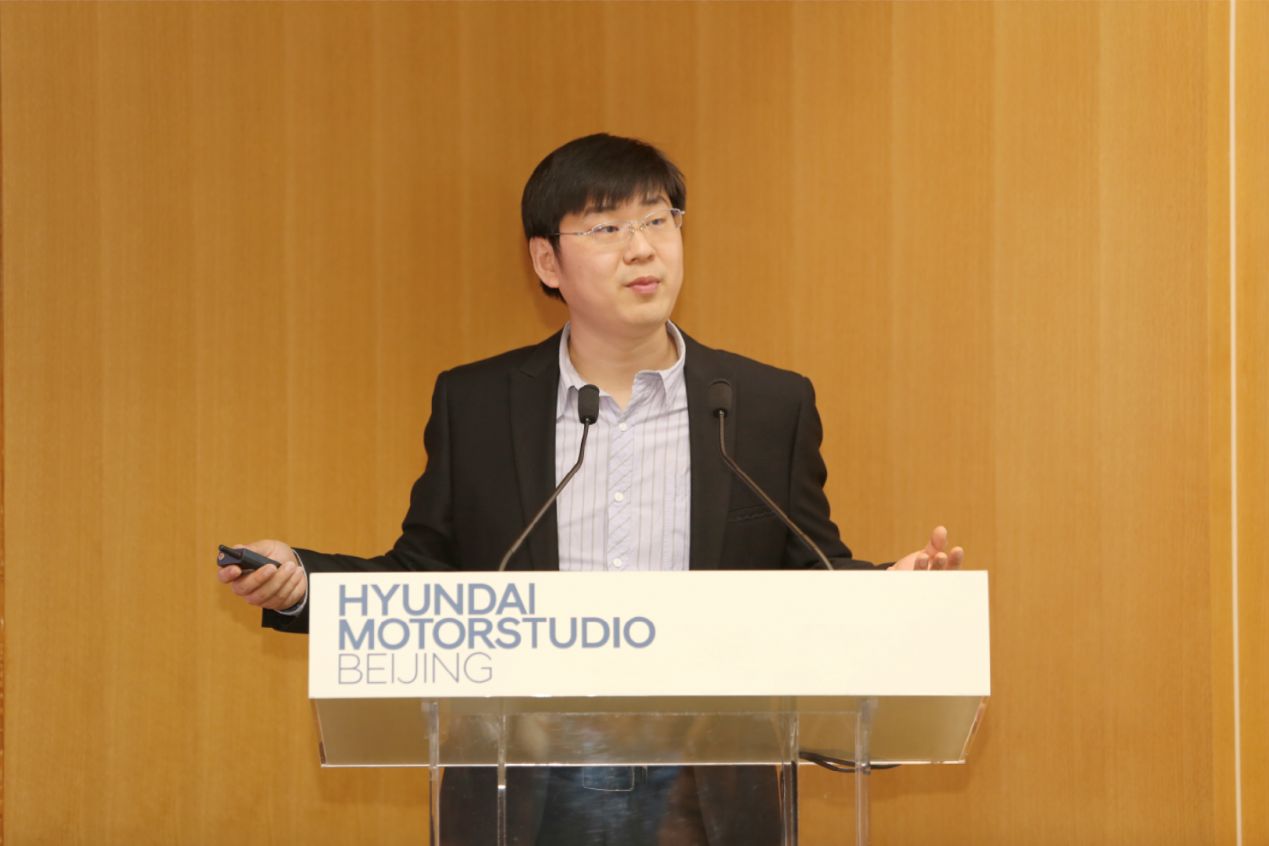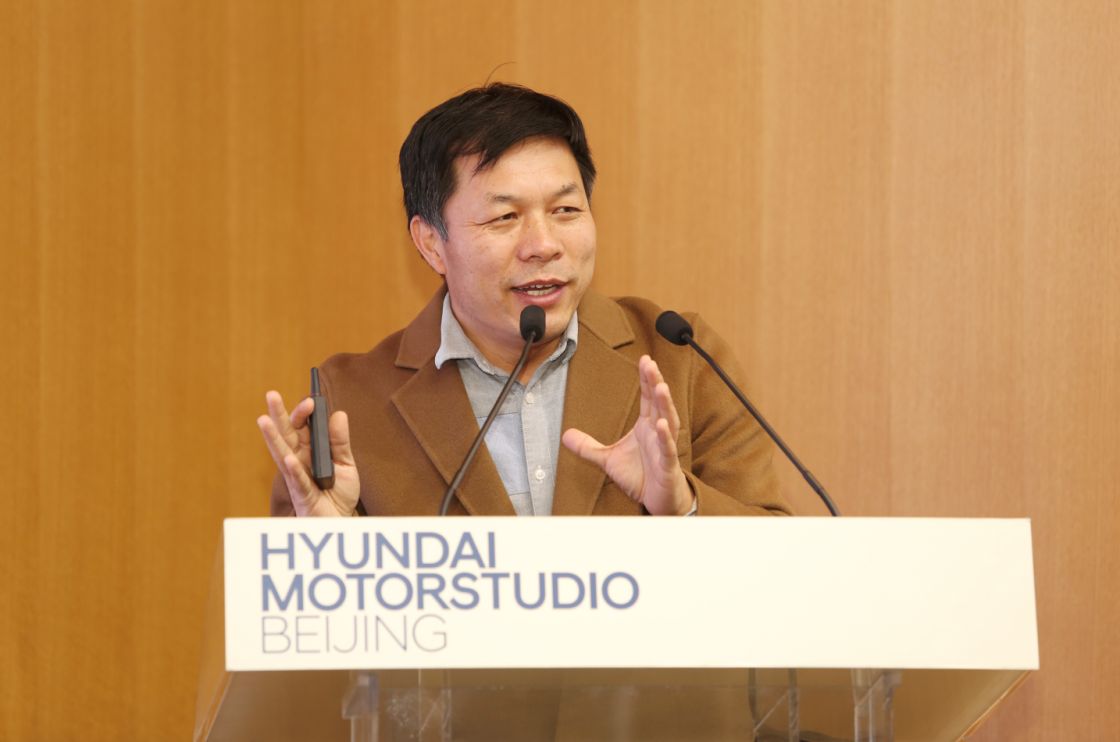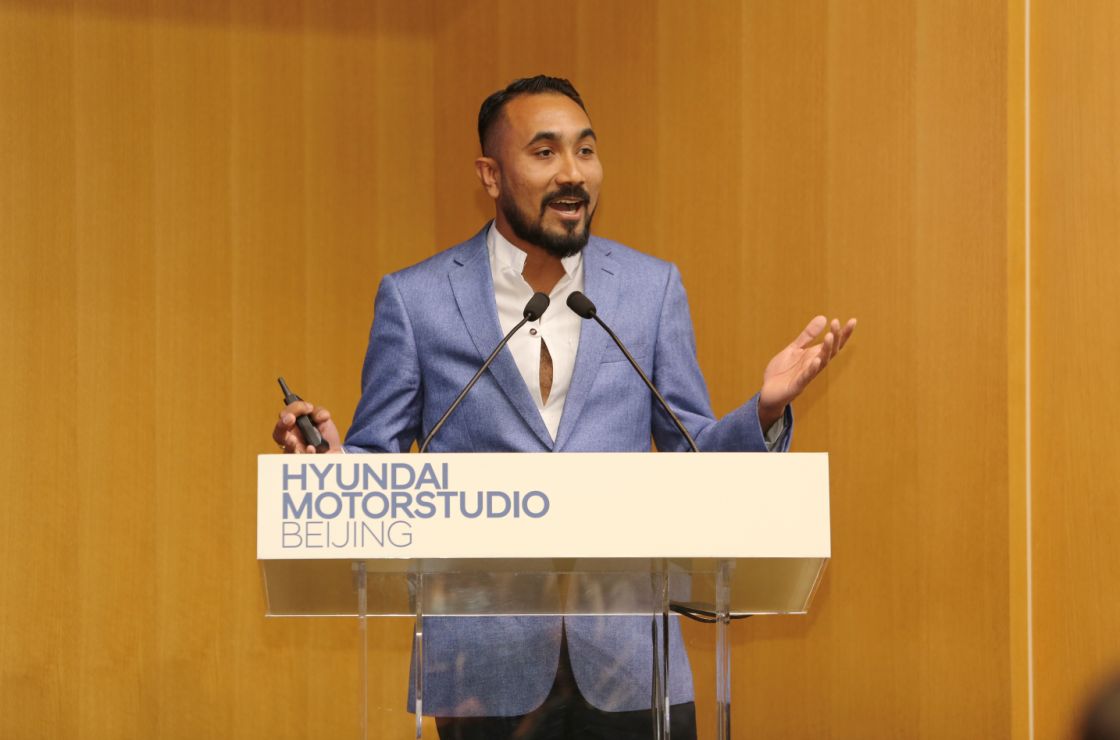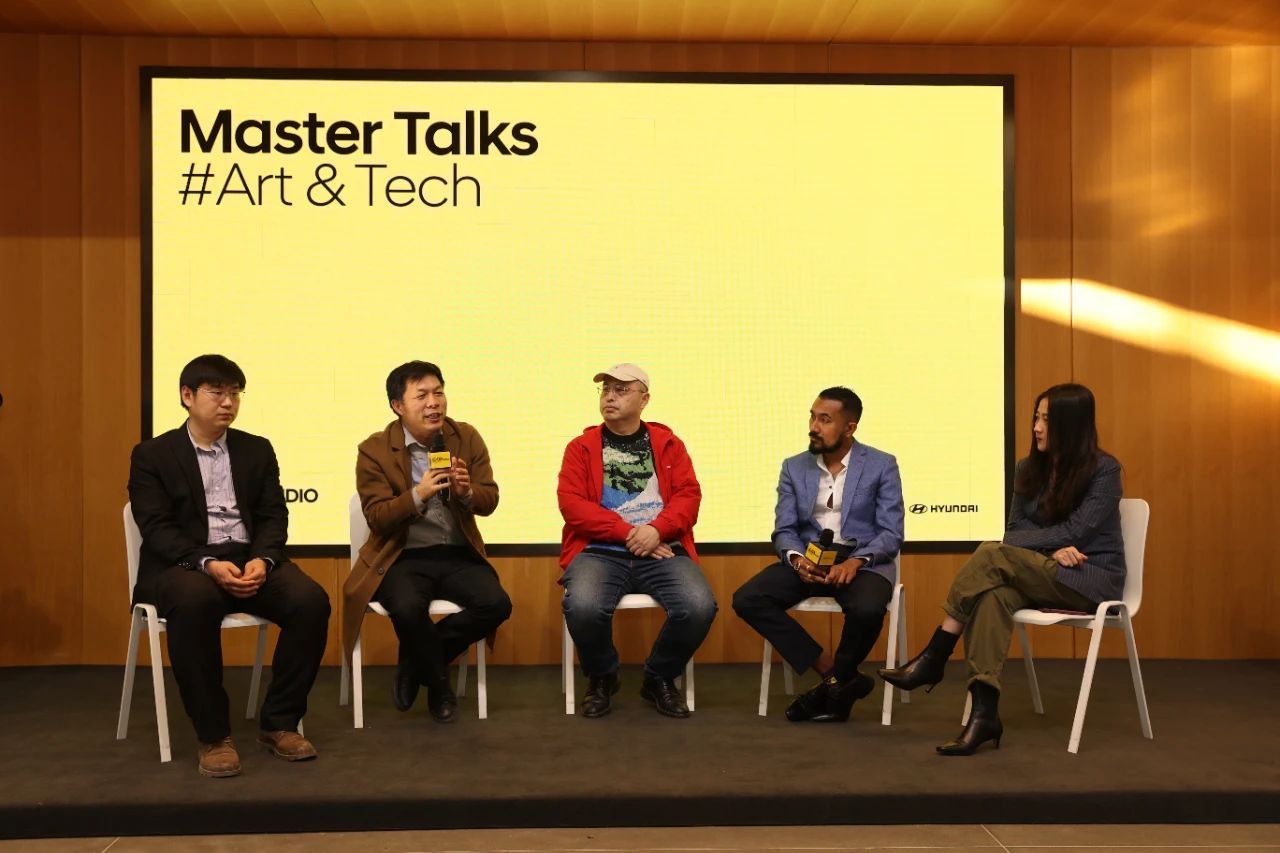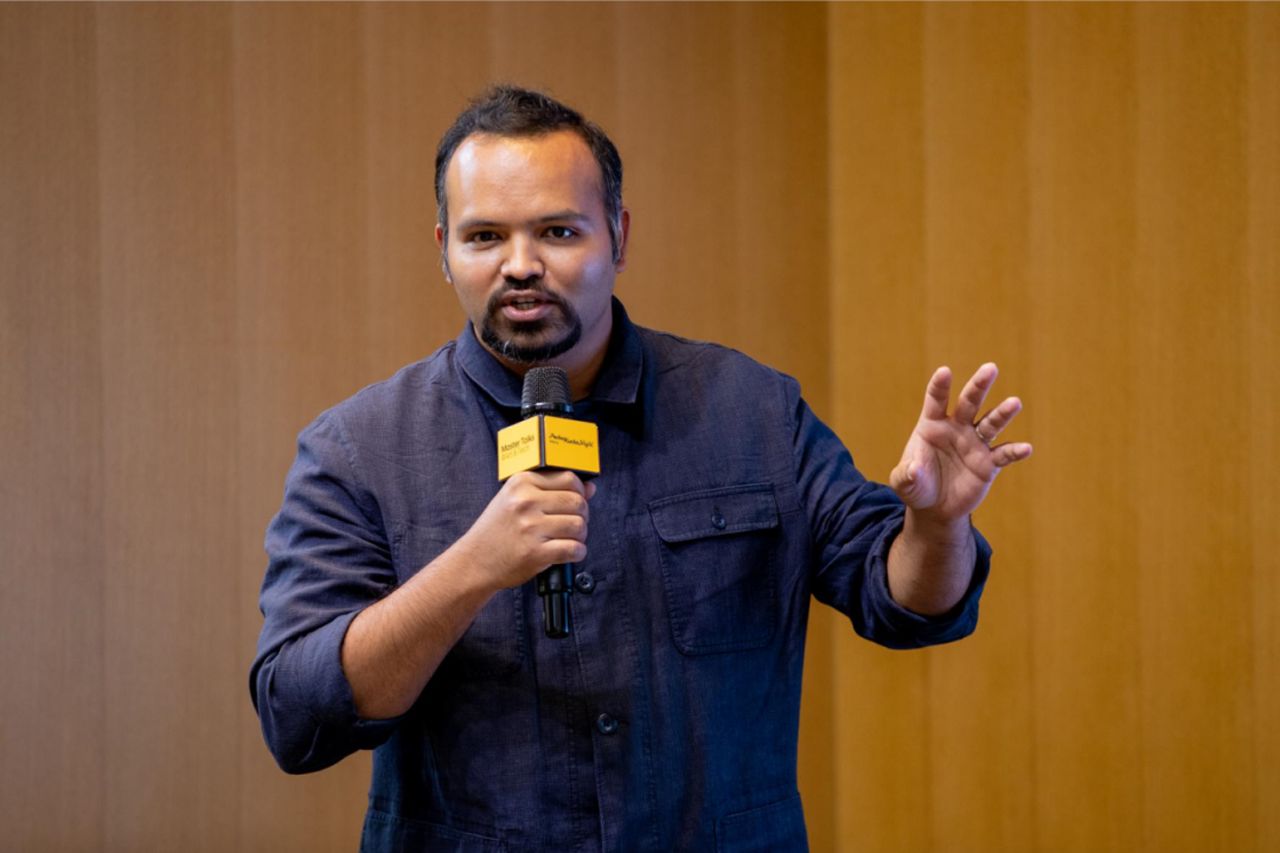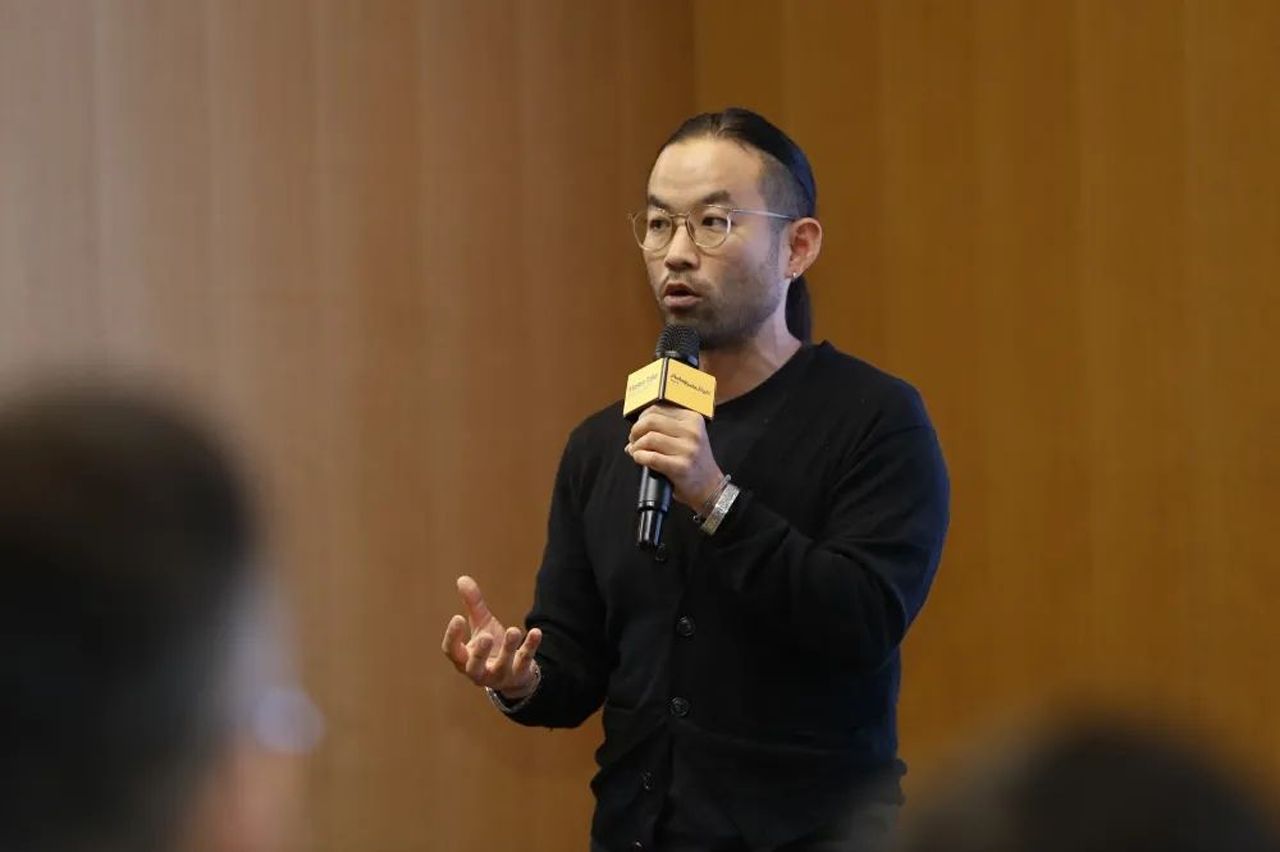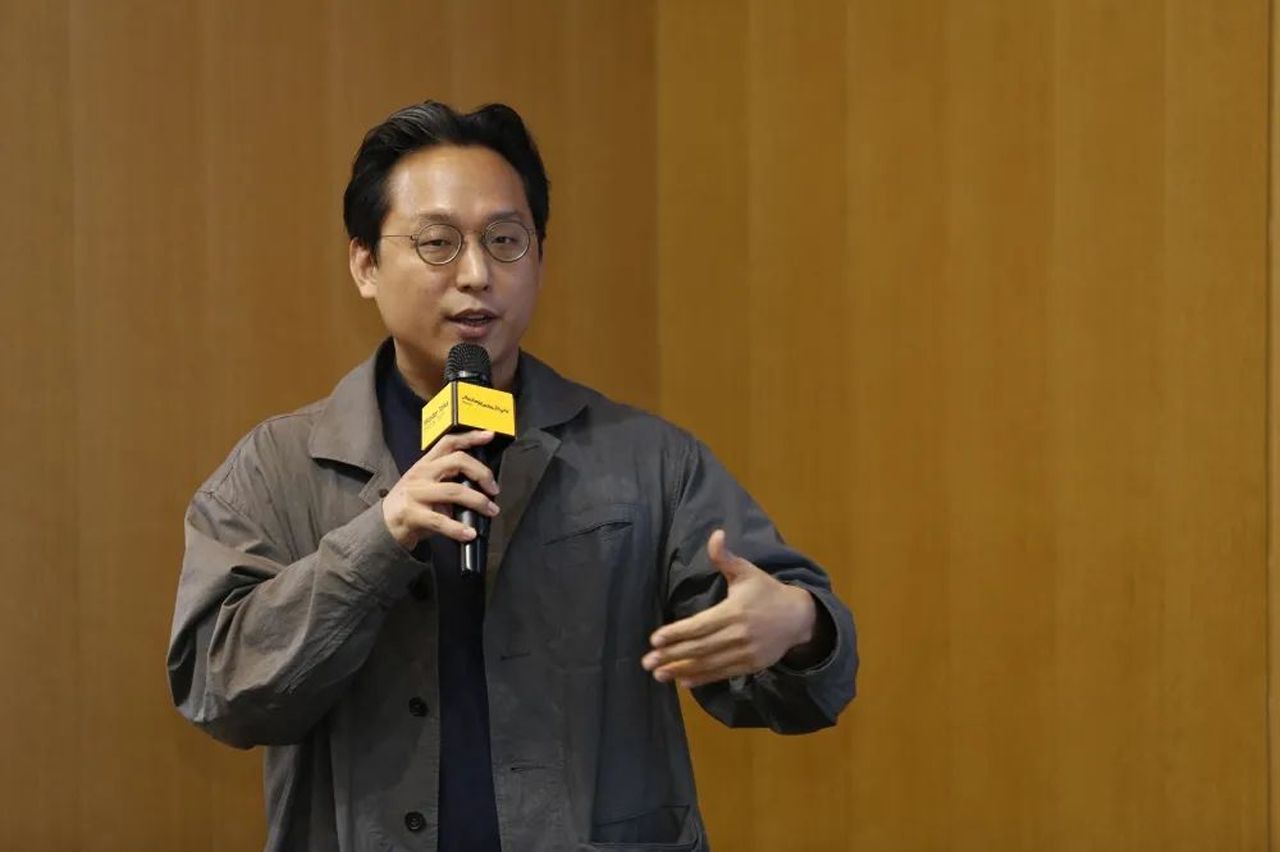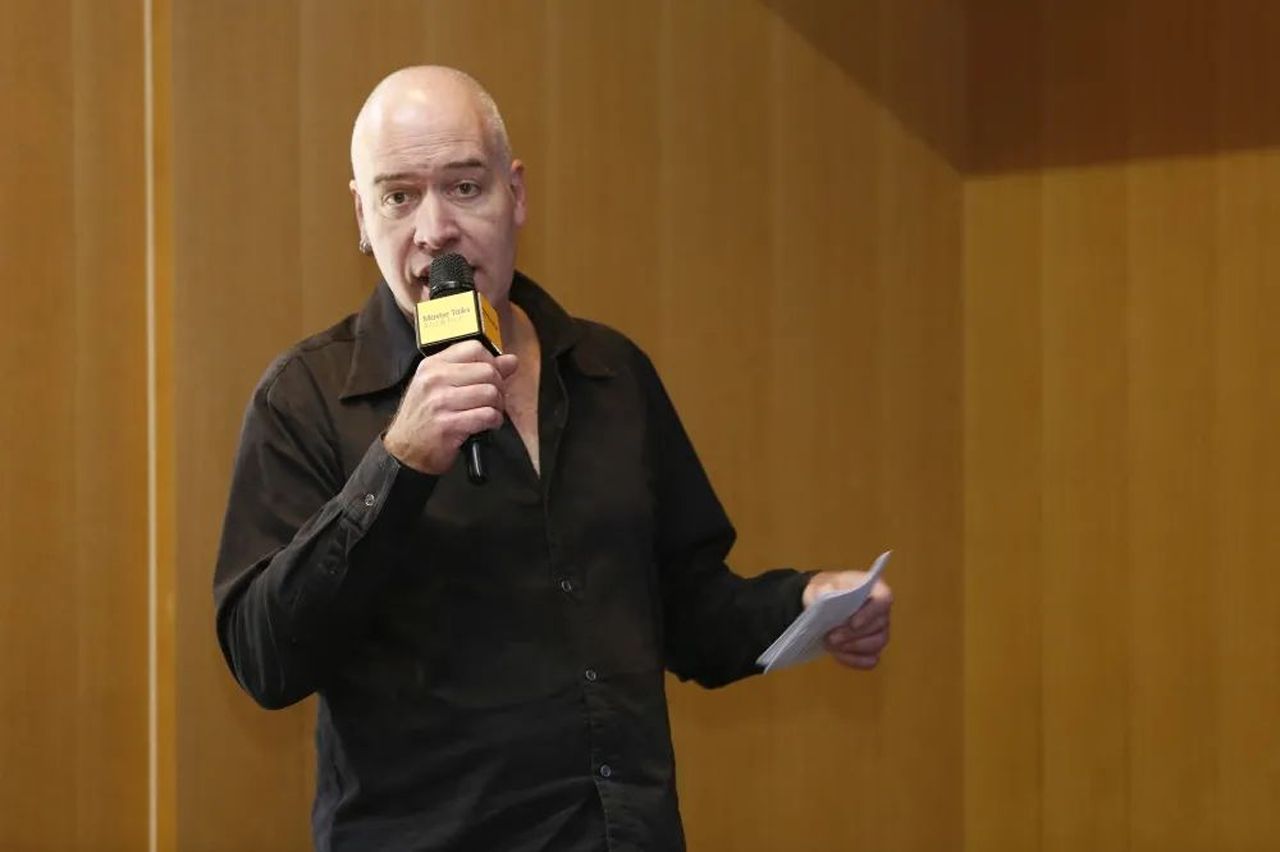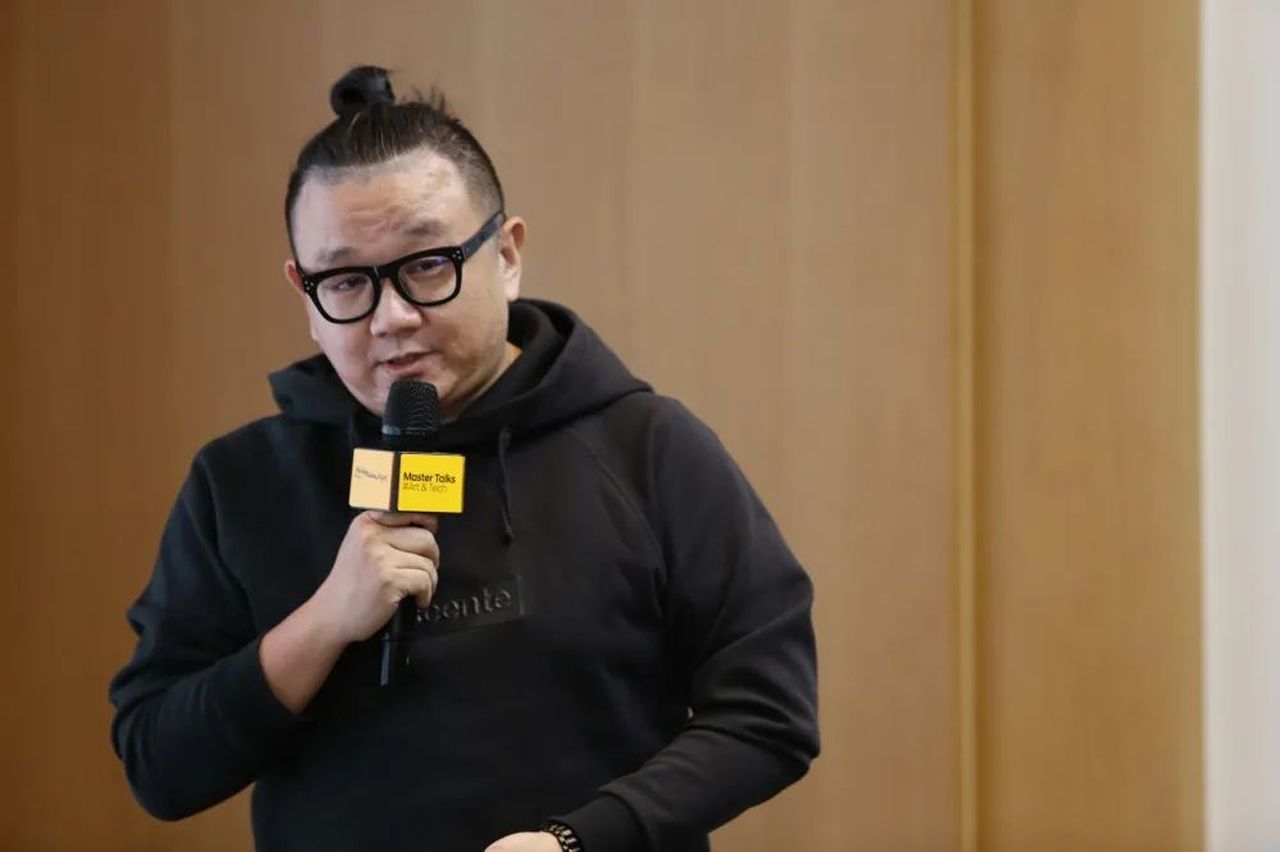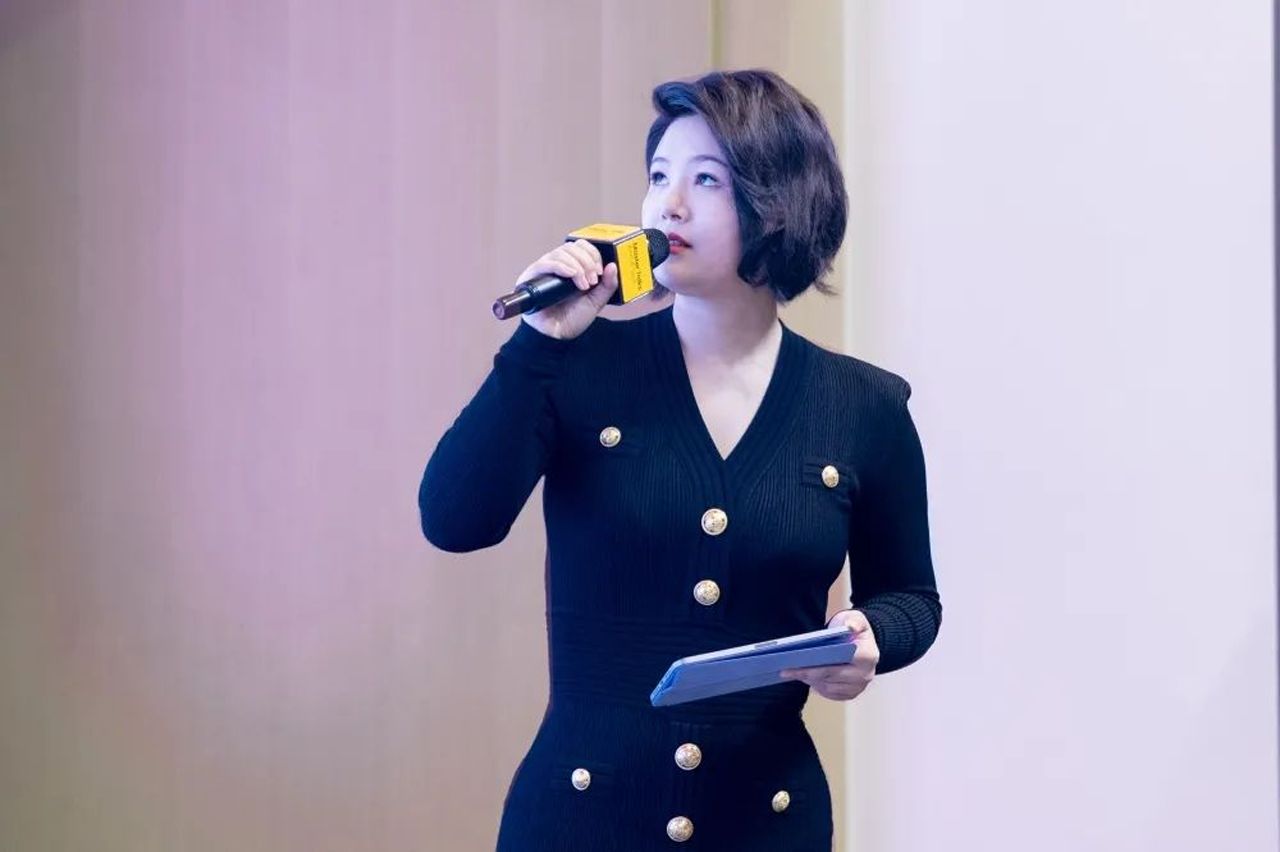Hyundai MotorStudio beijing
用创意激发艺术灵感 用艺术提高生活品质
- 客服热线
- 010-5810-1088
- 运营时间
- 10:00 ~ 19:30 每月第一个周一、春节法定假日、 其他不可抗因素闭馆
Master Talks
<Master Talks> is an initiative to nurture in-depth discussions with experts and professionals from various fields, facilitating the exchange of ideas and knowledge-sharing.
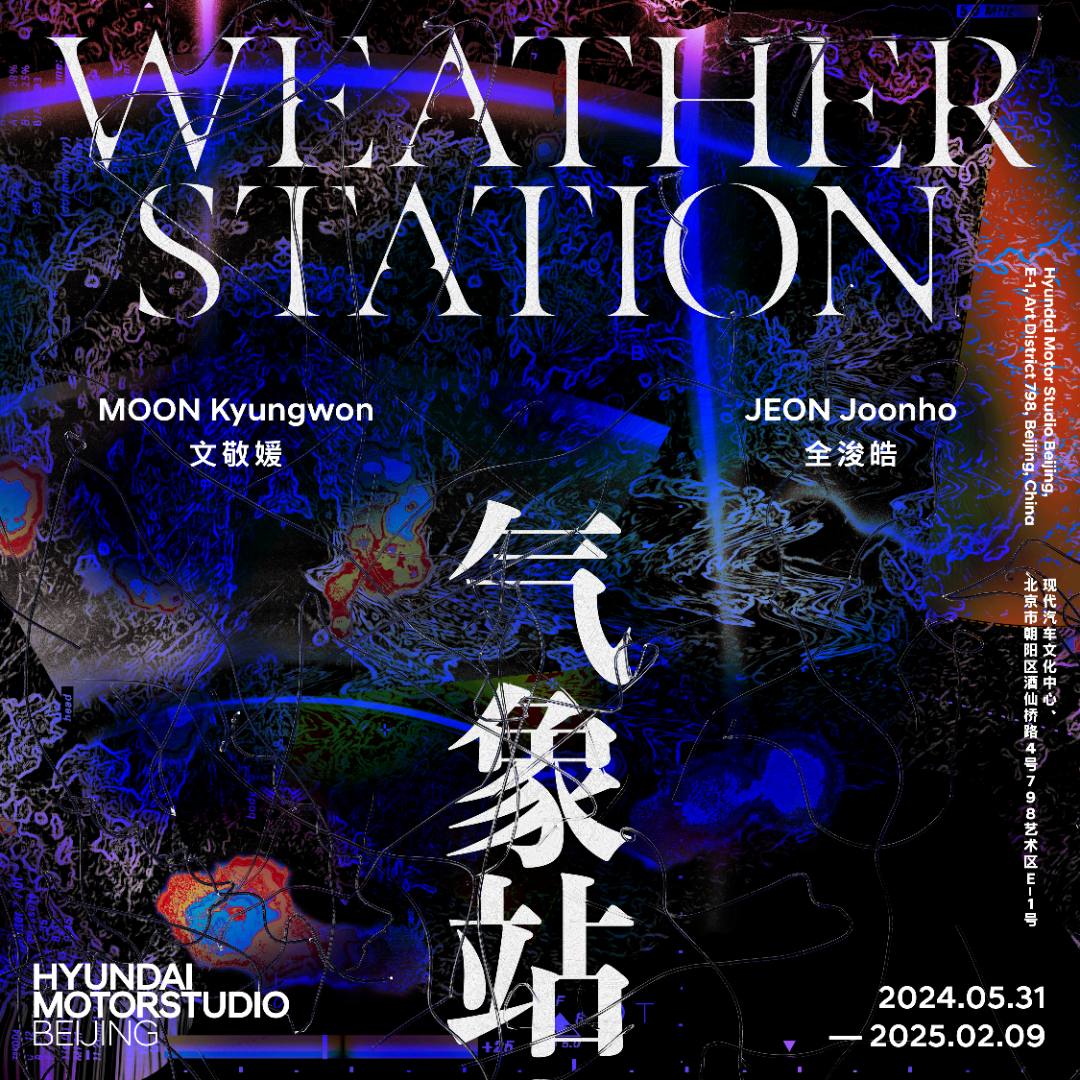
Mobile Agora Talk Program 03:Body, Life and Environment
While technology views the future as requiring crisis prevention and intervention, can embodied experience provide us with alternative wisdom? As a form of “taking the initiative,” can the perspective of the body open up a different ecological consciousness? This dialogue will unfold in the fields of medicine, architecture, and art. "Qi" not only reflects an important concept in traditional Chinese medicine that embodies Eastern life philosophy, but also refers to the new discourse on architecture and environment arising from “atmospheric architecture.” Meanwhile, “Habitat (the second Qi)” indicates different pathways from artificial construction to natural intervention.

Mobile Agora Talk Program 02: Coevolution: Reimagining the Future with Other Intelligences
The development of artificial intelligence has already sparked cross-disciplinary research across fields like cognitive and neuroscience, computer science, and biology, exploring the nature of non-human life forms or intelligences and relation to human. These studies include not only organic beings like animals, plants, and bacteria, but also digital entities composed of data, information, code, and algorithms.
The belief that "everything has a spirit (animism)" in the contemporary ecological age now extends beyond ancient views of nature and religion. It serves as a reminder: in the face of the rapid emergence of technology, and the complex systems of economics, politics, and environment that we help shape, how should humanity rethink itself, life, and the world?
In this session, we will join experts in brain science, virtual reality, and technology philosophy to explore the latest research and ideas, discussing their perspectives on the future of human and non-human intelligences evolving together.

Mobile Agora Talk Program 01: Why do we talk about the weather?
Since 2012, Moon Kyungwon and Jeon Joonho have been engaged in collaborative endeavours with experts in the fields of design, science, and philosophy. These endeavours have centred on an investigation into the impact and meaning of art, conceptualising the possibilities for the future of humanity under extreme climatic conditions and in a hypothetical post-apocalyptic world.Mobile Agora is a platform for participatory dialogue initiated by the artist duo, which is currently on display in the Weather Station exhibition, intended to inspire local participation and creative collaboration, as well as promote pluralistic action on climate, society and alternative futures.
During the exhibition period, which commences in October, experts from a range of disciplines, including climate science, artificial intelligence, philosophy, science fiction, design, will be invited to engage in a discussion with the audience in the public space formed by Mobile Agora.
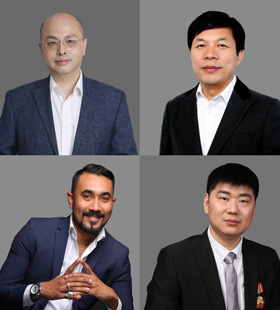
Master Talks #Art & Tech
[Near and far - the present and future of human-machine coexistence] is a program that delves into the current state of human-computer coexistence and the design factors affecting human-computer interaction. Featuring insights from Duan Weiwen, a Philosophy Researcher at the Chinese Academy of Social Sciences; Yao Yanan, the Executive Deputy Director of the Robot Research Center at Beijing Jiaotong University; Biman Liyanage, CEO of CirQ; and Chang Feng, the Technical leader of the Changfeng Robot innovation Studio, BEIJING-HYUNDAI AUTO.
Program Ended
2022.03.05
